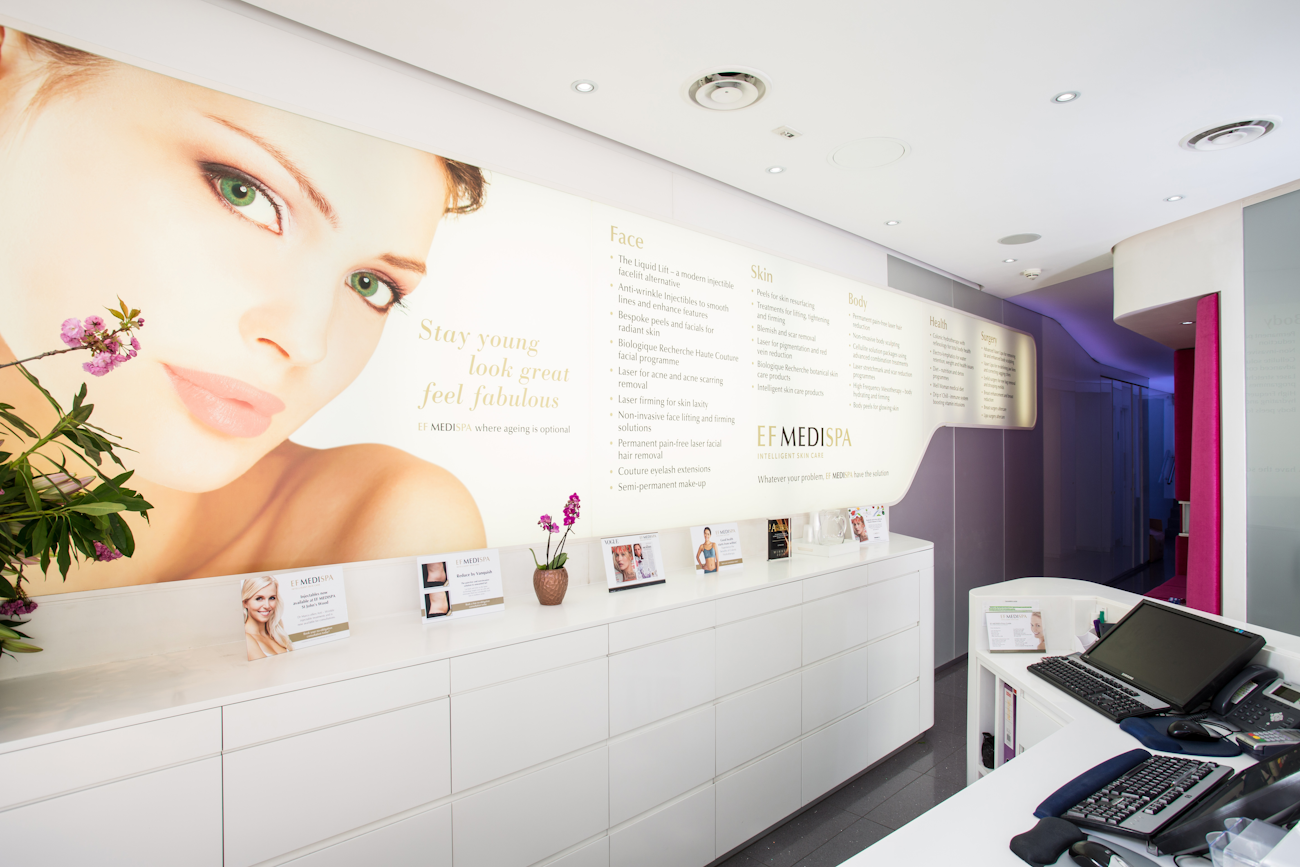 Today we have a guest blog post with CPRESS nutritionist, Miriam. Miriam tells us more about CPRESS and educates us on nutrition, and how what we put inside our body affects our skin. Read on to also find out what the most common mistakes people make when it comes to nutrition!
Describe the ethos behind CPRESS?
Today we have a guest blog post with CPRESS nutritionist, Miriam. Miriam tells us more about CPRESS and educates us on nutrition, and how what we put inside our body affects our skin. Read on to also find out what the most common mistakes people make when it comes to nutrition!
Describe the ethos behind CPRESS?
We stand behind our core values: sourcing purely quality ORGANIC ingredients, making plant-rich diets accessible and hassle free and advocating for transparency and honesty of food industry. We put quality of our products and of our service above everything else.
Where did the idea of CPRESS come from?
Two years ago, inspired by the positive shift in the quality of life the organic movement kick started in health hubs such as New York, Sydney and Los Angeles, CPRESS opened its doors in London - just as the city was warming up towards the new-found love for clean and healthy eating. Today, CPRESS is paving the way towards a genuinely healthy and organic alternative to London's established juice bars and cafés.
 What are the most common mistakes people make with nutrition?
What are the most common mistakes people make with nutrition?
One of the most common mistakes is counting the wrong calories. Yes, there is such thing as wrong calories. Calories are not all equal. Calories from whole organic foods can be utilised by the body for energy easily and effectively, some, like those from processed foods eventually get stored as fat because the body hasn't been programmed to read their "DNA". And as it doesn't know what to do with them, they will be discarded as a storage material - fat.
Another habit that deserves attention is putting enough, or not enough, greens on the plate. The power of fresh greens is often underestimated. In their raw form, they contain essential minerals and vitamins and help to keep the digestive tract in good shape. Whether the greens come from organic juice or a bed of salad under a regular dinner, we need to consume more fresh produce and less "brown food". Public Health England's survey is a proof that the population is still consuming too much saturated fat, added sugars and salt and not enough fruit and vegetables.
Last but not least is failing to check where the food came from, how it was grown and raised and prepared. Organic products will ensure your intake of pesticides and chemicals used in the growing process is minimised, but does not guarantee the product stayed in its most natural state possible. Organic products can still be heavily processed and stripped off beneficial vitamins and minerals, so we need to learn to read further into the quality of the products we consume.
How does nutrition affect our skin?
Our skin is the most honest mirror of our digestive tract. If we want a healthy skin, we first need to look into healing our gut. The list of healthy foods that provide the right types of vitamins and minerals in the right amounts for the skin is extensive and no green or fruit will do you bad. The questionable subjects are those that put unnecessary strain on the digestive track - making it work hard and sick. A very obvious example of how skin and gut are related is an allergic reaction to certain foods that within seconds manifests itself in skin rash.
What are your top tips for a healthy lifestyle?
From the above, it's pretty obvious... EAT MORE GREENS. But also, go for the QUICK WINS. Don't beat yourself over not being able to go 100% organic. Start with something you eat regularly, like apples, then move on. And TREAT YOURSELF. Whether it is a sweet cacao date protein bite or a facial spa treatment- anything that makes your mind happy, will make you glow.


 Today we have a guest blog post with CPRESS nutritionist, Miriam. Miriam tells us more about CPRESS and educates us on nutrition, and how what we put inside our body affects our skin. Read on to also find out what the most common mistakes people make when it comes to nutrition!
Describe the ethos behind CPRESS?
We stand behind our core values: sourcing purely quality ORGANIC ingredients, making plant-rich diets accessible and hassle free and advocating for transparency and honesty of food industry. We put quality of our products and of our service above everything else.
Where did the idea of CPRESS come from?
Two years ago, inspired by the positive shift in the quality of life the organic movement kick started in health hubs such as New York, Sydney and Los Angeles, CPRESS opened its doors in London - just as the city was warming up towards the new-found love for clean and healthy eating. Today, CPRESS is paving the way towards a genuinely healthy and organic alternative to London's established juice bars and cafés.
Today we have a guest blog post with CPRESS nutritionist, Miriam. Miriam tells us more about CPRESS and educates us on nutrition, and how what we put inside our body affects our skin. Read on to also find out what the most common mistakes people make when it comes to nutrition!
Describe the ethos behind CPRESS?
We stand behind our core values: sourcing purely quality ORGANIC ingredients, making plant-rich diets accessible and hassle free and advocating for transparency and honesty of food industry. We put quality of our products and of our service above everything else.
Where did the idea of CPRESS come from?
Two years ago, inspired by the positive shift in the quality of life the organic movement kick started in health hubs such as New York, Sydney and Los Angeles, CPRESS opened its doors in London - just as the city was warming up towards the new-found love for clean and healthy eating. Today, CPRESS is paving the way towards a genuinely healthy and organic alternative to London's established juice bars and cafés.
 What are the most common mistakes people make with nutrition?
One of the most common mistakes is counting the wrong calories. Yes, there is such thing as wrong calories. Calories are not all equal. Calories from whole organic foods can be utilised by the body for energy easily and effectively, some, like those from processed foods eventually get stored as fat because the body hasn't been programmed to read their "DNA". And as it doesn't know what to do with them, they will be discarded as a storage material - fat.
Another habit that deserves attention is putting enough, or not enough, greens on the plate. The power of fresh greens is often underestimated. In their raw form, they contain essential minerals and vitamins and help to keep the digestive tract in good shape. Whether the greens come from organic juice or a bed of salad under a regular dinner, we need to consume more fresh produce and less "brown food". Public Health England's survey is a proof that the population is still consuming too much saturated fat, added sugars and salt and not enough fruit and vegetables.
Last but not least is failing to check where the food came from, how it was grown and raised and prepared. Organic products will ensure your intake of pesticides and chemicals used in the growing process is minimised, but does not guarantee the product stayed in its most natural state possible. Organic products can still be heavily processed and stripped off beneficial vitamins and minerals, so we need to learn to read further into the quality of the products we consume.
How does nutrition affect our skin?
Our skin is the most honest mirror of our digestive tract. If we want a healthy skin, we first need to look into healing our gut. The list of healthy foods that provide the right types of vitamins and minerals in the right amounts for the skin is extensive and no green or fruit will do you bad. The questionable subjects are those that put unnecessary strain on the digestive track - making it work hard and sick. A very obvious example of how skin and gut are related is an allergic reaction to certain foods that within seconds manifests itself in skin rash.
What are your top tips for a healthy lifestyle?
From the above, it's pretty obvious... EAT MORE GREENS. But also, go for the QUICK WINS. Don't beat yourself over not being able to go 100% organic. Start with something you eat regularly, like apples, then move on. And TREAT YOURSELF. Whether it is a sweet cacao date protein bite or a facial spa treatment- anything that makes your mind happy, will make you glow.
What are the most common mistakes people make with nutrition?
One of the most common mistakes is counting the wrong calories. Yes, there is such thing as wrong calories. Calories are not all equal. Calories from whole organic foods can be utilised by the body for energy easily and effectively, some, like those from processed foods eventually get stored as fat because the body hasn't been programmed to read their "DNA". And as it doesn't know what to do with them, they will be discarded as a storage material - fat.
Another habit that deserves attention is putting enough, or not enough, greens on the plate. The power of fresh greens is often underestimated. In their raw form, they contain essential minerals and vitamins and help to keep the digestive tract in good shape. Whether the greens come from organic juice or a bed of salad under a regular dinner, we need to consume more fresh produce and less "brown food". Public Health England's survey is a proof that the population is still consuming too much saturated fat, added sugars and salt and not enough fruit and vegetables.
Last but not least is failing to check where the food came from, how it was grown and raised and prepared. Organic products will ensure your intake of pesticides and chemicals used in the growing process is minimised, but does not guarantee the product stayed in its most natural state possible. Organic products can still be heavily processed and stripped off beneficial vitamins and minerals, so we need to learn to read further into the quality of the products we consume.
How does nutrition affect our skin?
Our skin is the most honest mirror of our digestive tract. If we want a healthy skin, we first need to look into healing our gut. The list of healthy foods that provide the right types of vitamins and minerals in the right amounts for the skin is extensive and no green or fruit will do you bad. The questionable subjects are those that put unnecessary strain on the digestive track - making it work hard and sick. A very obvious example of how skin and gut are related is an allergic reaction to certain foods that within seconds manifests itself in skin rash.
What are your top tips for a healthy lifestyle?
From the above, it's pretty obvious... EAT MORE GREENS. But also, go for the QUICK WINS. Don't beat yourself over not being able to go 100% organic. Start with something you eat regularly, like apples, then move on. And TREAT YOURSELF. Whether it is a sweet cacao date protein bite or a facial spa treatment- anything that makes your mind happy, will make you glow.



